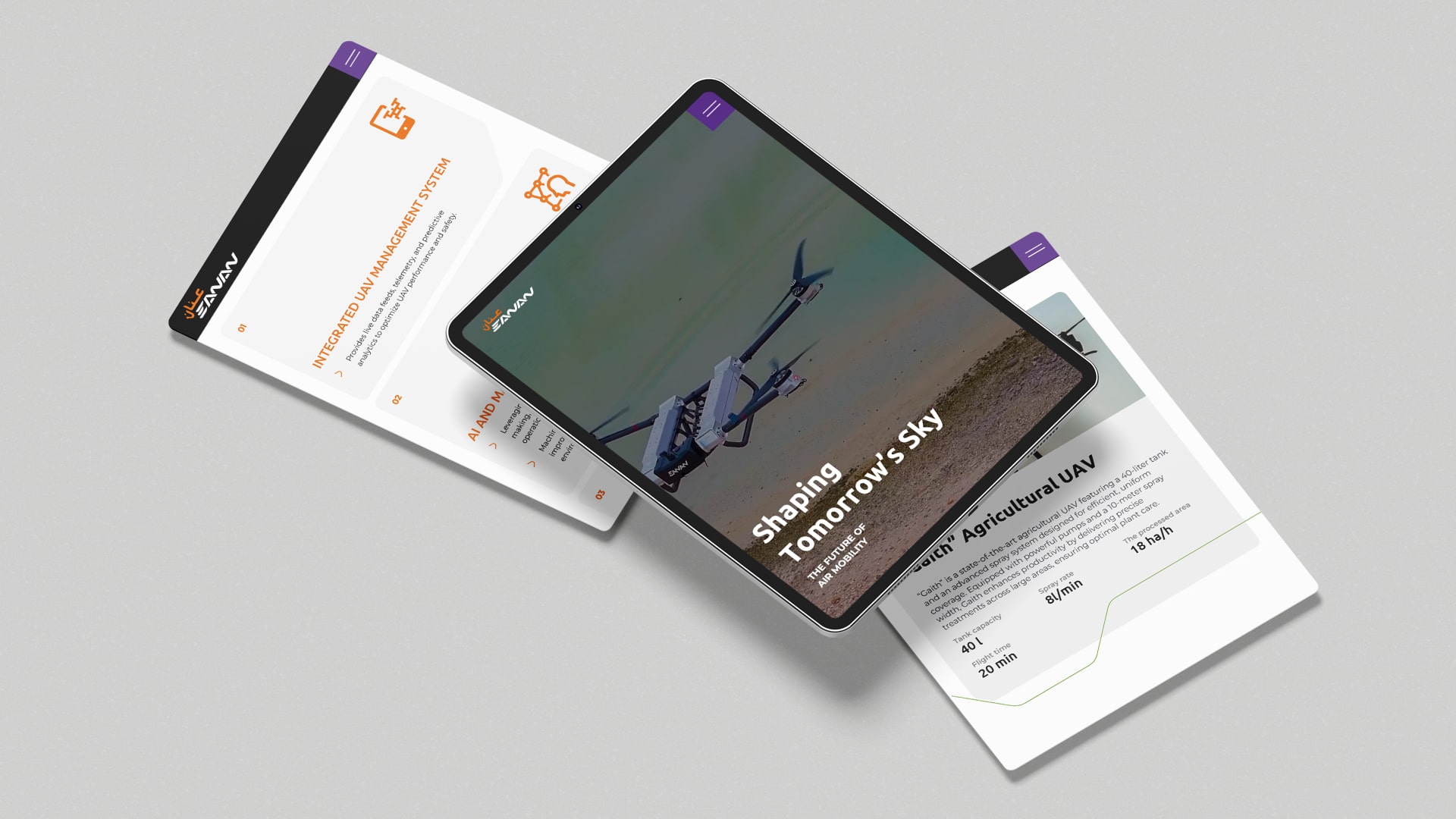In the Arab world, SEO is one of the prominent ways to obtain traffic. Obtaining long-standing and maintainable organic traffic is fundamental as part of a Middle East digital marketing strategy. SEO in Middle East has evolved considerably as close to 169 million people actively use the internet to buy products and services. There is a fair amount of competition for the English language, but SEO in Gulf for the Arabic language is at a primitive stage.

Below are a few tips on how to begin the journey of SEO in Middle East and use it for your website
Get the ball rolling with an effective SEO module
Just like everything relating to marketing, you need to be aware of your target group. Many businesses tend to fail in this regard and Middle East digital marketing is no different. Users in the Middle East are unique in their consumer behaviour that has a major impact due to culture and region that makes it different from the Western world in Europe and North America.
Starting the procedure involves dividing the marketing area into many areas according to where you want to concentrate your business. This may require you to optimize content along with keywords to get a concise idea of what are the relevant topics and keywords.
Do not ignore the competition when it comes to SEO in Middle East. Conduct an extensive search for your local entrants and provide SEO scrutiny for the domain authority, keyword ranking, competition level and backlinks. Also, keep in mind the local culture and traditions of the region.
The cultural impact and implication of your marketing activities may be prominent. You need to focus on websites with slang, trends, local language and relevant marketing messages.
Optimization for the Arab world
Begin your journey with a local domain, as it plays an important role in achieving a higher ranking in SERP. It is better if you choose a local domain name for your Arabic site(.ae. com, eg) for local search in the region.
Do not transfer any metadata from the native language to the local Arab language, rather it is better to pay for your native SEO copywriter. Start the work on the basis of optimization on- page as you can develop meta descriptions along with native titles. For HTML content use the localized keywords properly for meta tags and HTML content. For all the images and videos use proper alt descriptions to properly showcase them for SERP results in Google image search and results.
If you have a multilingual website, be sure to use local language. There is no need to translate the URLs into the local language but ensure that you avoid duplicate content. An audit of your website is to be conducted and focus on broken sitemap and broken links to avoid redirections in foreign content.
Suppose you are in e-commerce, then do not forget to localize product-related content with Arabic content. This includes product descriptions, images, shopping carts, FAQs and videos.
Using proper SEO tools
A golden rule to follow is you may use what you can with the Middle East digital marketing strategy. The basics include setting up Google Analytics, Google My Business and Google Search is an absolute must. For keyword research and domain analysis using proper SEO tools is necessary.
Formulate a content marketing strategy
Every business needs to have a solid growth plan. For targeting keywords, you need to start with creating content. To improve your keyword rankings, you need to have an effective content strategy. Undertaking only localization of landing pages to support ranking growth may not suffice.
An effective way to rank prominent SEO in Middle East results is by optimizing content for search results. Answering relevant questions that are part of search queries is the way to go.
Digital marketing strategy for the Middle East market
For a digital marketing strategy to be successful it has to be culturally relevant. The objective is to ensure that you do not alienate or offend your target audience while ensuring that you are able to convey your message. Below are some digital marketing strategies that will enable you to expand your business locally.
- Social media marketing- It’s important to keep in mind that social media marketing is not just on Facebook and Instagram. The choice of the right social media channel is the cornerstone for setting up a social media strategy. Every platform has its features and effectiveness rate. People need to be aware that Instagram for Arabic users is more in terms of trend and entertainment.
- Google Ads and PPC- GGC has a rising consumer, who is attempting, to find products and services. Google ads in the form of search ads, are a powerful way to access the vicinity in a short span of time and conversion is generated at a low cost. However, Arabic PPC and search engine marketing services demand skilled optimization and configuration skills.
- SEO and content marketing- Search engine optimization and content marketing, have emerged to be among the effective marketing services for businesses in the Middle East region. The GCC region is seeing an increase in SEO services, which is maturing the market and achieving maturity for several categories.
- Video marketing in the native language- It is crucial to incorporate local language into your SEO marketing plan. Avoid using Western images or films that might not be relatable to the audience you are attempting to target. You also need to consider how rituals and customs may affect how customers perceive the product or service.
- Email marketing- the Middle East market is a hub spot for enormous offers and email campaigns. However, the region has not gone on to achieve the full maturity of email marketing as a digital marketing tactic. A fundamental guideline for email marketing in Western countries is to follow the right guidelines and fine-tune with personalization.
To conclude, SEO in Gulf region is all about understanding the market. To do this you can do things on your own or find a local marketing agency to help in your advertising efforts.
For more such blogs, Connect with GTECH, one of the best Dubai SEO agency.
Related Post
Publications, Insights & News from GTECH








